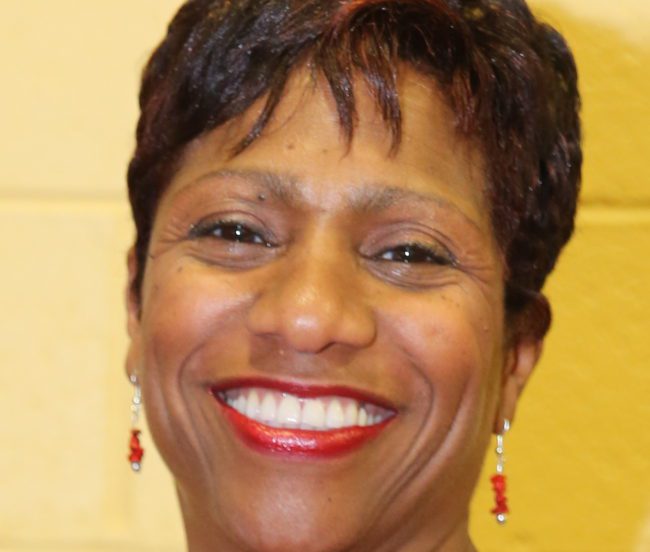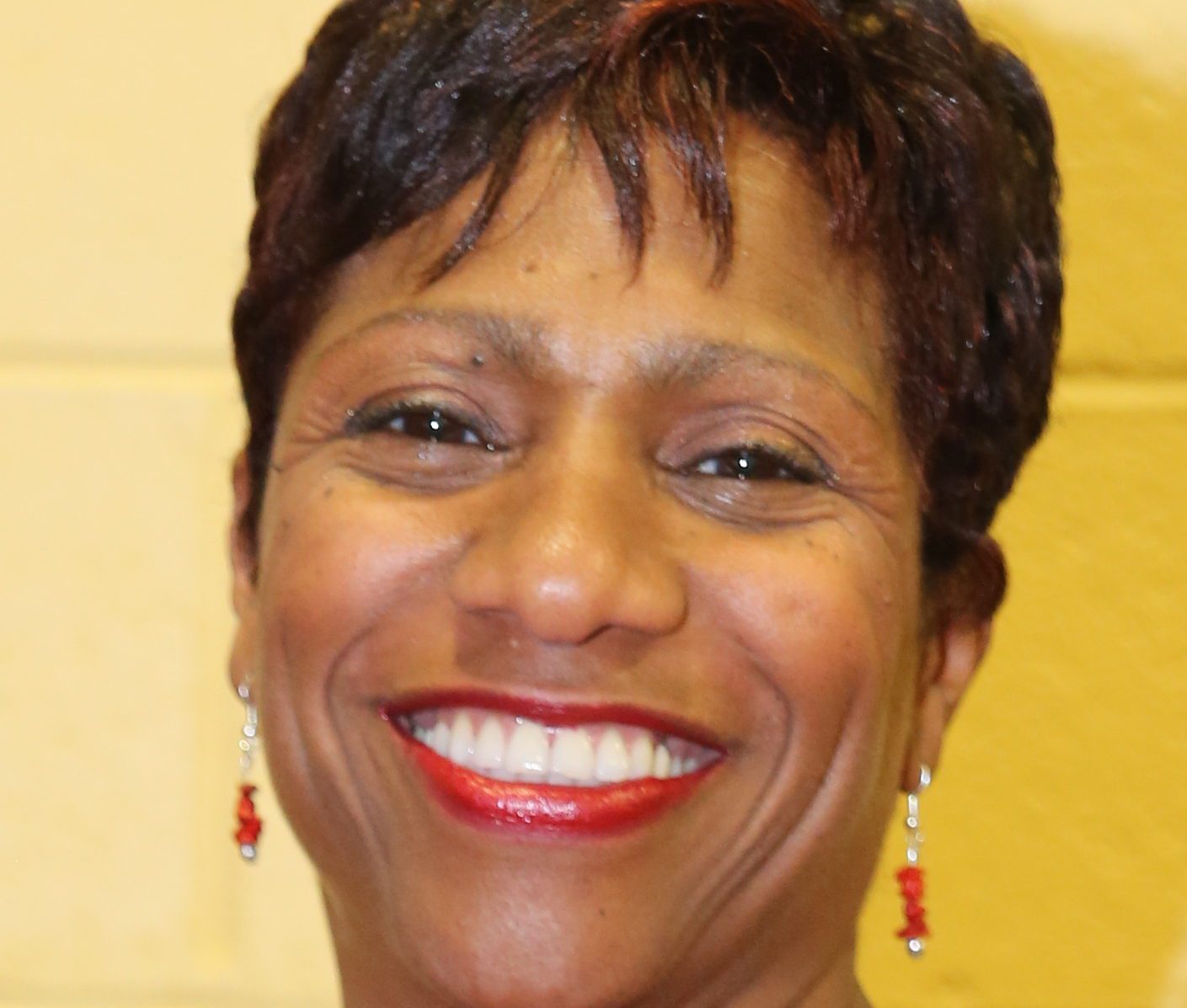
Yvonne LaGrone is a black Lawyer from the South Side of Chicago, Illinois. At the tender age of 5, she knew that it was her destiny to become a lawyer. She designed her life around this dream and soon came to realize this dream was her only hope. The only back-up plan she ever had was to become a ballerina, and like many of the youth from the South Side of Chicago, she discovered that success came with hard work and even struggle.
Upon the realization of her unrealistic back-up plan, she set out to pursue her education. She attended Hyde Park Career Academy, Northwestern University in Evanston, Illinois, and finally she went on to attend University of Illinois Champaign Urbana for Law School.
“Perry Mason” was a television show that influenced Lagrone early on. She reflected on watching the show as a little girl. She happened to be raised by her grandmother, who would let her stay up late to watch this show about a lawyer. Something LaGrone hoped to be one day, so she developed the passion and inspiration to become a lawyer.
Despite being genetically and racially different, having representation of what a lawyer does day to day on television helped her articulate that she wanted to be a lawyer at just 8 years old. Watching “Perry Mason” became a daily activity for Lagrone.
LaGrone has been a wise woman all of her life, starting school at a young age and then going on to college at 17. These stepping stones allowed her to become a lawyer by the age of 24. Even though it was hard, she was determined to not let others, and even herself, discourage her from becoming what she was destined to be.
She graduated law school in May, took the bar exam in July of 1987, and found employment with the City of Chicago for 30 years. LaGrone started as labor lawyer and after a few months moved to the litigation division to handle civil rights and state court cases for 17 years. She then become a criminal prosecutor supervisor, and the years leading up to her retirement, a year-and-a-half ago, when she was an assistant corporation council and senior council.
LaGrone tried on many hats and even decided that she was going to wear some of them for a while. Some she found that she loved more than others, yet this was how she came to find her true passion as a litigator. A litigator is, “an attorney that represents plaintiffs and defendants in civil cases and manage all phases of the litigation process from investigation to appeal.”
Because she was a litigator she saw the importance of serving the community. “I think it means something different now than it used to mean in the legal field, when I first practiced law 30 years ago it was a predominately male field and predominately white male profession.
“I found it more difficult to be recognized and respected for what I could do and what I knew.”
“At the beginning of my career I was representing older white males,police officers and they often times had difficulty accepting my position as their attorney, being a young black female, as I became older the profession diversified.”
LaGrone has done her part in giving back to the community not only by serving as a physical and visual black woman lawyer but she is a part of the black women lawyer’s association where they empower each other within the profession. Additionally, the association has a mentoring program and she has served on the committee on multiple occasions.
“I mentored new attorney’s, more specifically African American attorney’s and African American females, not to the exclusion but focused on them more because they are in greater need, I felt.”
LaGrone is also a woman of Alpha Kappa Alpha Sorority Incorporated and mentors young women within the organization and outside of the organization, some of which want to become lawyers and some who are pursuing other careers.
Regardless of the roads the youth take, LaGrone serves as a Liaison to help motivate them into getting into their respective fields.
There are a vast amount of misconceptions that come with being a lawyer because family and community often confuse this profession with knowing everything about the different divisions within law that may not be the lawyers specialty. “They expect you to have a certain level of intelligence, a particular degree of integrity and knowledge.”
Knowing the misconceptions and understanding that this is a very heavy position to uphold, LaGrone offers a bit of advice. “If you want to become a lawyer it is essential to know from the beginning that this is what you are destined to be doing, it’s not that the work is hard but the ability to use rhetoric in order to understand the teachings and style is quite difficult.”
This is something that can be seen as easy to walk away from because it may make you feel less than human at some points in time, however, it takes a strong minded and strong willed person to move past these challenges.
“During my time in law school I was very unhappy, I did not like it because I was not used to the new culture I was being exposed to, despite these things, I knew I had to stay committed because there was nothing else I foresaw myself doing.”
It became apparent to LaGrone, having been through school on multiple levels that no matter what you major in undergrad it will not prepare you for law school. “Take any classes that you think you will do best in that will earn you the highest GPA.”
However,”if you major in anything that you think will help you in law, major in math or in philosophy because of the logical esoteric thinking that is required for law school.”
“After law school it is important to explore various divisions of law before locking yourself out of other opportunities because you think you’ve found the one for you. Once you do so, your specialty within law will fall into play. It took me almost 17 years to realize I wanted to be a litigator.”
Nowadays, LaGrone has been retired for a year and a half. She has her own private practice in Chicago focusing on probate, wills, trusts,real-estate, powers of attorney, breach of contract cases and administrative cases.
“Specialize in getting a job, because you don’t know what you may want to do until you can match theory with practice.”
Written By Alexandria Martin
Sources:
Interview: Yvonne LaGrone; November 29, 2017
The Balance: The Role of the Litigation Attorney
Featured and Top Image Courtesy of Yvonne LaGrone Used With Permission



